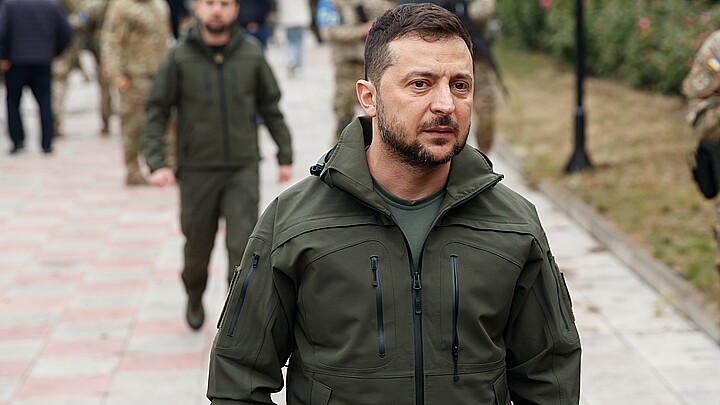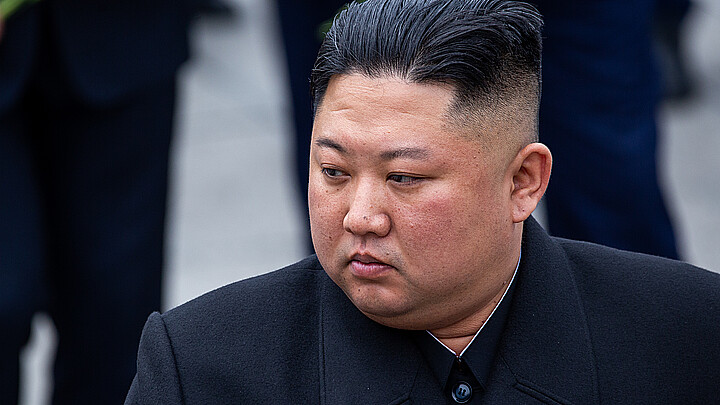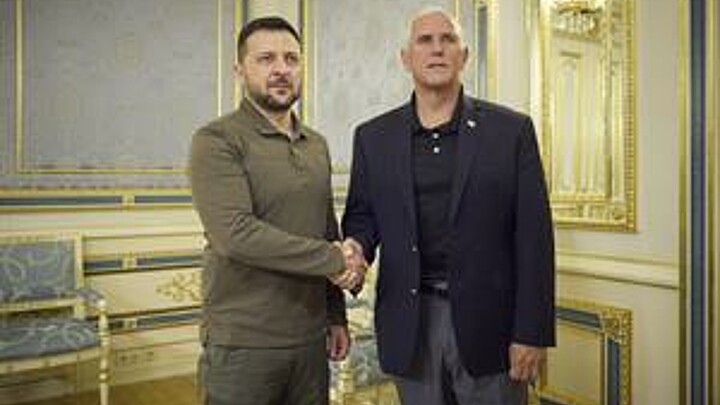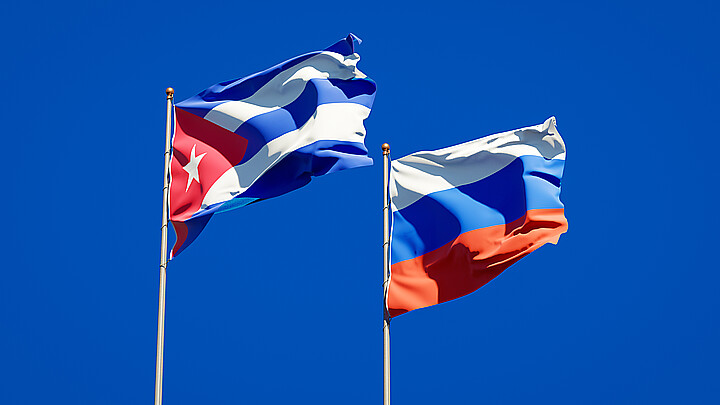Politics
More than 40,000 Syrians enlist to fight for Russia, human rights group says
Training centers and accommodations have reportedly been set up for Syrian troops in Belarus and Russia
March 14, 2022 10:45pm
Updated: March 15, 2022 8:31am
More than 40,000 Syrians have enlisted to fight for Russia in Ukraine so far, including members of the sanctioned Al-Qatarji militia, according to reports on Monday from the non-profit Syrian Observatory for Human Rights (SOHR).
No Syrians have been deployed by Russia to the Ukrainian front, the rights agency said, noting that one Ukrainian agency claimed 400 fighters had arrived in Ukraine.
For more than a decade, Syria has been torn by a brutal civil war, which Russia entered in 2015 to help Syrian President Bashar Assad.
Training centers and accommodations have been set up for Syrian troops in Belarus and Russia near the border of Ukraine, SOHR stated.
It is unclear how much the Syrian recruits will be paid to fight in Europe.
Russian President Vladimir Putin previously said that Syrian fighters would not be paid.
"If you see that there are these people who want of their own accord, not for money, to come to help the people living in Donbas, then we need to give them what they want and help them get to the conflict zones," he said, according to The Guardian.
However, one notice The Guardian found said that Syrian troops would receive $3,000 a month, dependent upon experience. This is 50 times what a Syrian soldier earns monthly, the outlet reported.
SOHR reports that fighters were told they would be paid 1,000 Euro ($1,100), but the group notes that "this is still a mere statement."
The Al-Qatarji militia, which has been sanctioned by countries around the world for making various deals with the Syrian government and the Islamic State, has issued a notice to its members allowing them to sign up to fight in Ukraine, SOHR reported.
"It is worth noting that it has been a high turnout of young men to register their names, to escape poverty and poor living conditions in regime-held areas," the rights group stated.










